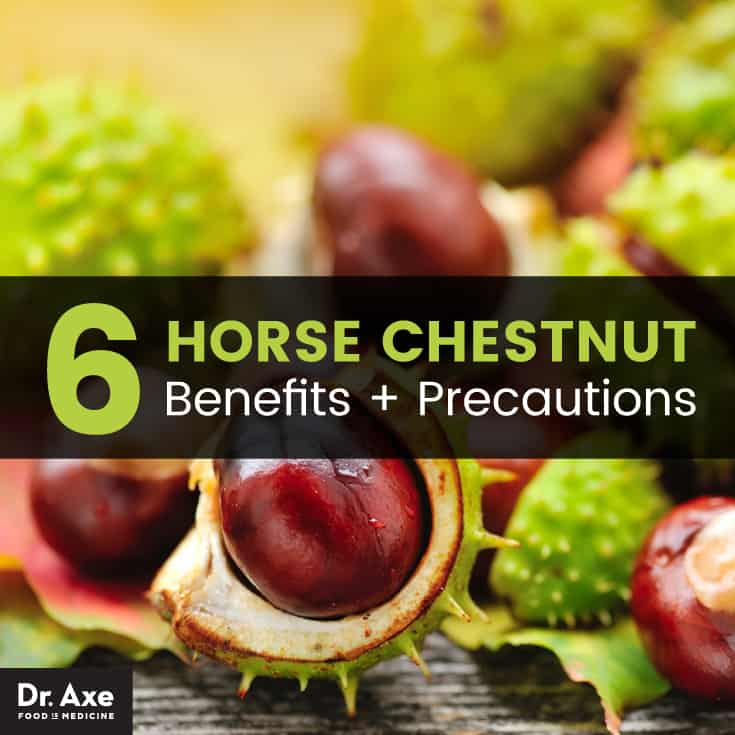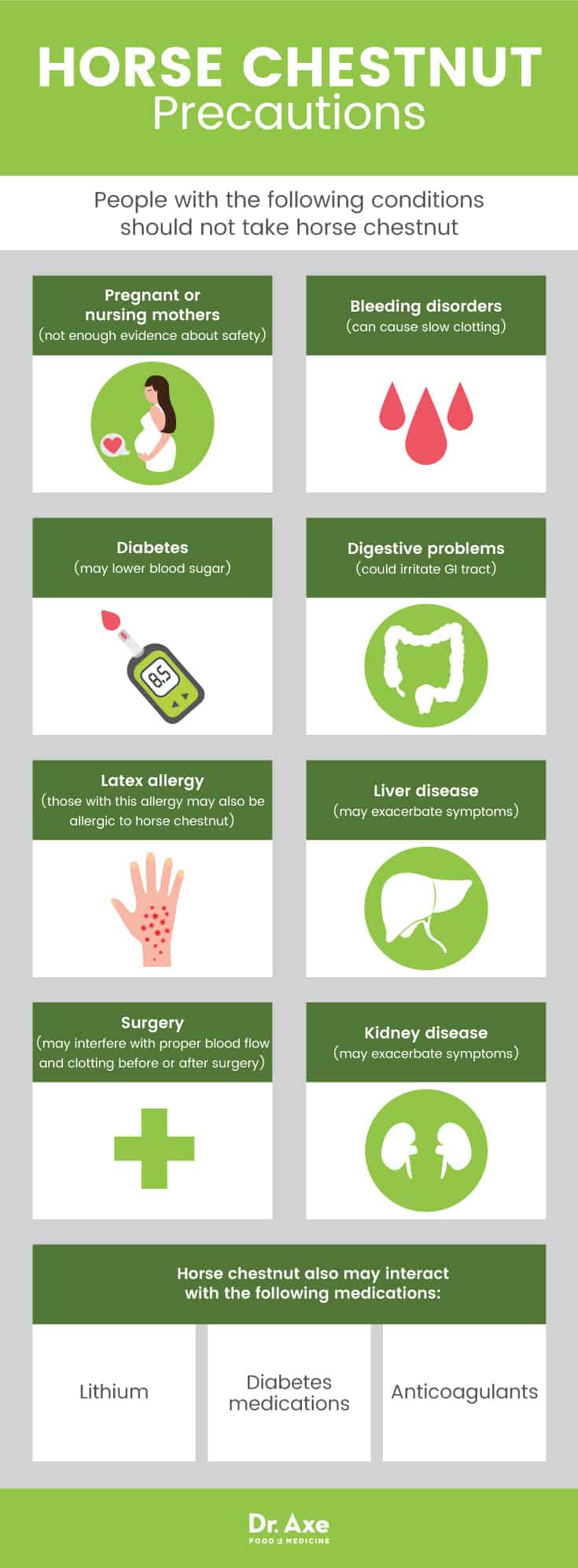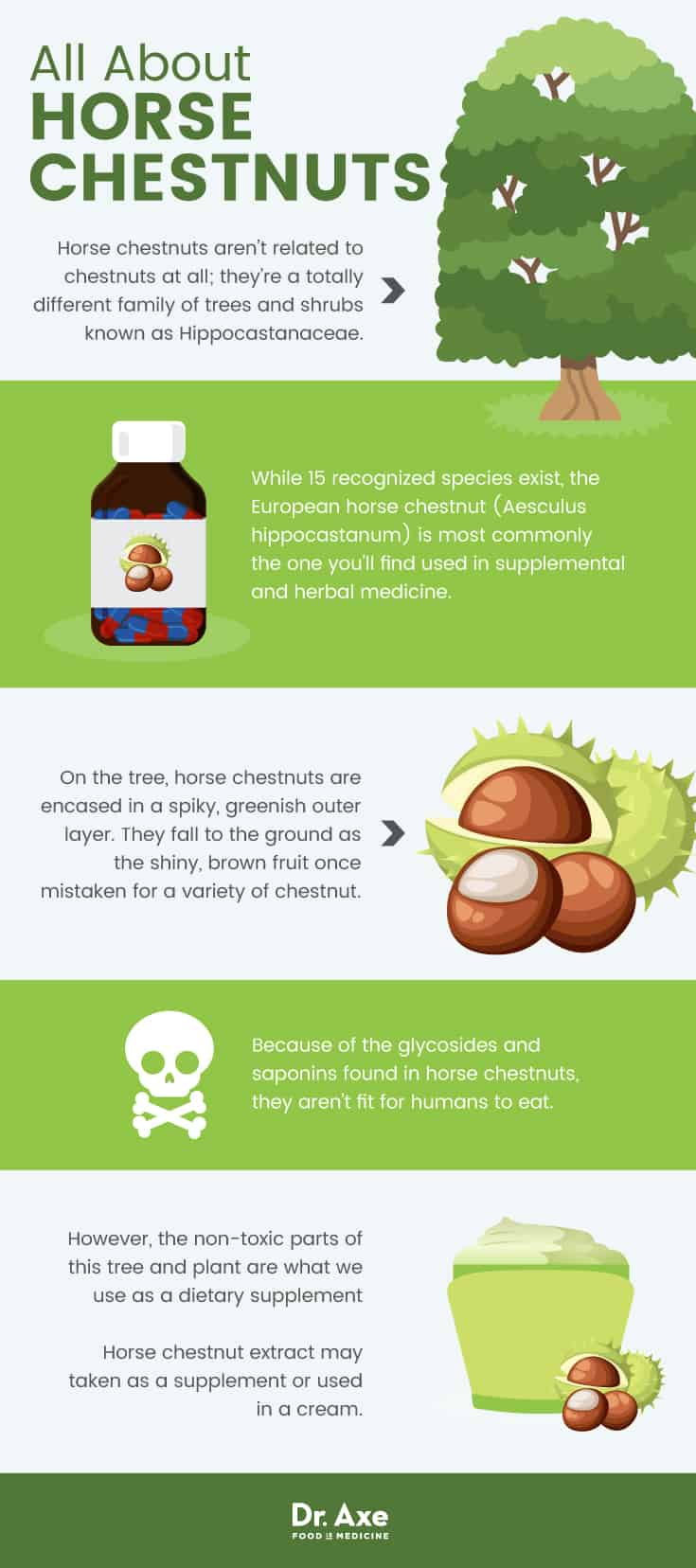This Dr. Axe content is medically reviewed or fact checked to ensure factually accurate information.
With strict editorial sourcing guidelines, we only link to academic research institutions, reputable media sites and, when research is available, medically peer-reviewed studies. Note that the numbers in parentheses (1, 2, etc.) are clickable links to these studies.
The information in our articles is NOT intended to replace a one-on-one relationship with a qualified health care professional and is not intended as medical advice.
This article is based on scientific evidence, written by experts and fact checked by our trained editorial staff. Note that the numbers in parentheses (1, 2, etc.) are clickable links to medically peer-reviewed studies.
Our team includes licensed nutritionists and dietitians, certified health education specialists, as well as certified strength and conditioning specialists, personal trainers and corrective exercise specialists. Our team aims to be not only thorough with its research, but also objective and unbiased.
The information in our articles is NOT intended to replace a one-on-one relationship with a qualified health care professional and is not intended as medical advice.
Horse Chestnut Benefits Include Phlebitis Relief (+ Precautions)
December 6, 2017

You may not be able to roast it on an open fire, but you might be interested to know that horse chestnut is an effective dietary supplement that’s been used for hundreds of years to treat a number of conditions.
Traditionally, horse chestnut was taken by people hoping to naturally cure joint pain, bladder and digestive issues, fever and leg cramps. While several of these issues have not been tested scientifically, there are some benefits to taking horse chestnut, most notably its ability to combat chronic venous insufficiency (a vascular condition), hemorrhoids and swelling after surgery. (1)
Other contemporary but untested uses of horse chestnut include enlarged prostate, menstrual pain and eczema. (2)
While many of these folk uses remain unproven, there are some little-known, but major, researched benefits of horse chestnut for health. These include a powerful antioxidant load; a potential male fertility aid; and preliminary evidence that horse chestnut extract may be able to kill some types of cancer cells.
6 Benefits of Horse Chestnut Seed Extract
1. May Help Treat Chronic Venous Insufficiency
Chronic Venous Insufficiency, or CVI, is also known as post-thrombotic syndrome or phlebitis. This condition is characterized by non-functioning valves in your veins (commonly in the legs and sometimes arms), which causes blood to pool in the limbs and an increase in internal pressure within the veins.
CVI is actually a very common affliction, affecting up to as many as 40 percent of people in the U.S. It’s more common for women, particularly after multiple pregnancies, and in middle-aged and older adults. Varicose veins and blood clots (deep vein thrombosis) are risk factors for developing CVI.
Conventional medical treatment of chronic venous insufficiency typically consists of compression treatment, which many patients don’t like due to the discomfort involved.
Two Cochrane reviews have been conducted to examine the effectiveness of horse chestnut on CVI and found that a significant number of randomized controlled trials (RCTs, heralded as the “gold standard” of scientific research) have suggested horse chestnut extract to be effective and safe for short-term treatment of CVI, while the reviewers caution that larger and more definitive trials must be conducted. (3, 4)
Some sources have also found that using butcher’s broom alongside horse chestnut extract in a cream is a useful treatment for varicose veins, the precursor to CVI.
2. Could Cause Cell Death in Certain Cancers
When cancer research is conducted on a particular substance, scientists begin by observing the effect of that substance on specific types of cancer cells in a lab. If the substance has a significant impact in causing the death of those cancer cells, future research may be warranted to see if it is a potential cancer treatment.
In a laboratory setting, horse chestnut extract has shown cancer-fighting effects on cells related to leukemia, cervical cancer and breast cancer. The most drastic of these were Jurkat cells, used to test a type of cancer known as acute T-cell leukemia, in which the lab tests found a cell death rate of nearly 94 percent. (5)
3. Contains Powerful Antioxidants
Extract of horse chestnut contains some incredible antioxidants, which can help your body to fight free radical damage and more effectively fight disease. Studies have discovered both quercetin and kaempferol glycosides in horse chestnut, two antioxidants praised for their intense disease-fighting capabilities. (6)
An animal study also found that horse chestnut might help protect the body’s loss of glutathione, another antioxidant, after liver injury. (7)
4. May Increase Effects of Prebiotics
A lot of us know that good probiotic foods can aid in digestion and gut health, but did you know that by pairing those with prebiotics, you’ll gain even more digestive benefits? Prebiotics are a type of non-digestible fiber compound that are fermented by the gut microflora in the colon.
In 2011, a study was conducted using rats to find the efficacy of using horse chestnut extract and flaxseed oil to improve the effect of probiotics. Both of these natural substances made prebiotics more effective. Scientists conducting the study point out that prebiotics are useful agents to help prevent and treat colon cancer. (8)
5. Possibly Beneficial in Wound Healing
Another benefit of horse chestnut that’s been a feature of preliminary research is its ability to help wounds heal. While no human studies have yet been conducted, a 2006 lab study found that horse chestnut extract can help induce contraction forces in fibroblasts, cells integral to the wound healing process. (9) When these fibroblasts contract, they potentially induce faster wound healing.
Again, this research is not conclusive and may not function as expected in humans, but these results are promising.
6. Might Support Fertility in Men
Due to the rate at which male infertility is increasing, it’s become more important than ever to understand ways to support and maintain healthy sperm counts. (10)
Supplements of horse chestnut contain an ingredient called escin — not to be confused with the poisonous esculin found in raw horse chestnuts. Possibly through the same mechanisms with which horse chestnut positively impacts chronic venous insufficiency, escin seems to safely increase count and quality of sperm in men with varicocele-associated infertility, according to a 2010 research study. (11)
This particular form of infertility is caused by enlarged varicose veins within the scrotum and affects 15 out of 100 men overall and 40 out of 100 men with diagnosed or known infertility. (12)
What Are Horse Chestnuts?
First of all, horse chestnuts aren’t related to chestnuts at all; they’re a totally different family of trees and shrubs known as Hippocastanaceae. While 15 recognized species exist, the European horse chestnut (Aesculus hippocastanum) is most commonly the one you’ll find used in supplemental and herbal medicine.
On the tree, horse chestnuts are encased in a spiky, greenish outer layer, and fall to the ground as the shiny, brown fruit once mistaken for a variety of chestnut. While these used to be fed to horses as stimulants and to help keep coats shiny, horse chestnuts are actually mildly poisonous to most animals except for deer and wild boar, which can break down the otherwise toxic compounds they contain. (13)
Because of the glycosides and saponins found in horse chestnuts, they aren’t fit for humans to eat. However, the non-toxic parts of this tree and plant are what we use as a dietary supplement, and what was tested in the studies listed above.
History & Interesting Facts about Horse Chestnut
The most common form of horse chestnut originated in the Balkans but is now found in all temperate regions of the Northern Hemisphere. You may hear this referred to by various names, though; for example, horse chestnuts native to the U.S. are called “buckeyes.”
Conker trees, as they’re also known, are particularly popular in Great Britain. Conkers is a common fall game in which you thread yarn through horse chestnuts and take turns hitting your opponent’s conker. Unfortunately, many of the horse chestnut trees in Britain are in danger of extinction from a combination of leaf-miner moth infestation and disease. Some sources say that the two million trees currently in Britain might be gone by 2031. (14)
The tree is also well-suited to city growth and is one of the trees often used to line urban streets, including many in Paris, France. (15)
The first recorded horse chestnut tree was mentioned in a 1557 letter, but it wasn’t widely known or appreciated until the 1800s. These trees don’t live an extremely long life and do not have wood useful for building, which may be one reason they were often under-appreciated. (16)
Although the origin of the name “horse chestnut” is usually based on their use with horses, another potential contributing factor is the fact that the leaf stalk leaves a “scar” on the tree after falling that resembles an inverted horseshoe with nail holes. (17)
How to Use Horse Chestnut Extract
In supplement form, horse chestnut is generally suggested at doses between 400–600 milligrams per day, divided into two dosage times, 12 hours apart. Much more important is the escin component (the active compound), which should be between 100–150 milligrams per day. (18)
Some sources offer horse chestnut cream, which can be applied to problematic vein areas directly, or a combo horse chestnut/butcher’s broom cream used for varicose veins or hemorrhoids.
Possible Side Effects & Precautions
As I’ve mentioned, you should never eat horse chestnut fruits that fall from the tree. They contain a poisonous compound, esculin, which can cause bleeding.
In processed form, free of esculin, horse chestnut is safe for short periods of time for most people. Long-term studies on its safety have not been conducted.
The common side effects that may occur (although very rarely) include itching, nausea, gastrointestinal upset, muscle spasm and headaches.
People with the following conditions should not take horse chestnut: (19)
- Pregnant or nursing mothers (not enough evidence about safety)
- Bleeding disorders (can cause slow clotting)
- Diabetes (may lower blood sugar)
- Digestive problems (could irritate GI tract)
- Latex allergy (those with this allergy may also be allergic to horse chestnut)
- Liver disease (may exacerbate symptoms)
- Kidney disease (may exacerbate symptoms)
- Surgery (may interfere with proper blood flow and clotting before or after surgery)
Horse chestnut also may interact with the following medications:
- Lithium
- Diabetes medications
- Anticoagulants (it causes vein/artery constriction in cows and decreases platelet aggregation in humans, which may cause bleeding) (20)
There are isolated reports of other issues when using horse chestnut extract. For one, there is a case report of a 32-year-old male who developed acute effusive pericarditis after taking horse chestnut. (21)
Another case report highlights a link between horse chestnut extract and renal angiomyolipoma (renal AML), a benign fatty tumor in the kidney. The report advises against using horse chestnut for patients with this condition. (22)

Horse Chestnut Key Points
- The most well-researched benefit horse chestnut offers is in treating chronic venous insufficiency, an issue with vein pressure often preceded by varicose veins and/or blood clots, affecting up to as much as 40 percent of the US population.
- However, this awesome dietary supplement has legitimate cautions to consider, including possible side effects and medication interactions, plus dangers for pregnant or nursing women and individuals with certain health conditions.
- Thoroughly research these precautions and consult with your health care provider before starting a new supplement regimen.
6 Horse Chestnut Seed Extract Benefits
- May help treat chronic venous insufficiency.
- Could cause cell death in certain cancers.
- Contains powerful antioxidants.
- May increase effects of prebiotics.
- Possibly beneficial in wound healing.
- Might support fertility in men.


